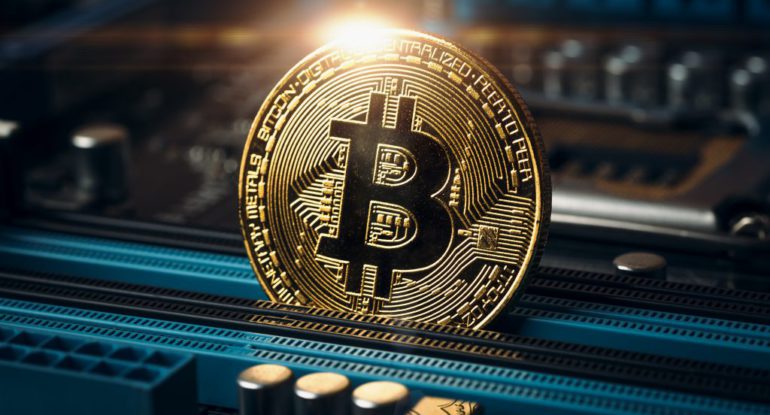Blockchain Technology To Promote Democracy In True Sense!

In this digital age, misleading news during voting periods has become identical to managing voter decisions.
Consequently, the will of the people has been concealed by biased use of Artificial Intelligence (AI) and machine learning that depend on Big Data, birthing a global democracy need that swayed voters in America’s election and UK’s Brexit vote in 2016, plus Kenya’s 2017 elections.
In Kenya, the presidential election result held the country’s economy hostage, and a wave of the fear of bloodshed swept across all 47 counties.
In past elections, it has been worse. Last year, the rise of deepfake technology on social media became a big worry across technology circles, with the prediction that edited videos of candidates could be used irresponsibly by competitors to gain voter appeal.
Global concern over the use of AI exists regarding the extent to which it can be deployed to undermine democracy by electing candidates that incumbent governments want.
But in the Fourth Industrial Revolution, when our next election will be conducted, we can avoid such self-inflicted pain by responsibly adopting emerging technologies that ensure accountability and transparency in the electoral process.
Kenya showed some level of engagement to solve the digital identity crisis by launching the Huduma Namba digital registration project, but it went silent soon after. It is time to improve the drive and assure at least 95% civil registration on the platform.
The government can then commission the coding of a public blockchain network alongside that data. Blockchain is a distributed and decentralized ledger technology that chronologically and candidly registers all transactions in a network.
This digital ledger is maintained and renewed by anyone who takes part in the network. This equals to be a peer-to-peer platform that excludes mediators who help in the election apparatus, thereby building trust.
For a hacker to prosper, they must hack every “block,” and there are millions of them. It is an immutable system. Such a blockchain could be modified with criminal records of every Kenyan, their education level, county, gender, marital status, occupation, ID number, NSSF number, birth certificate number, personal identification number, NHIF number, logbook details, property owned and Sim card details.
With this in place, crooked politicians will be powerless to gain on tricks in the electoral agency to demand that they visited the university, they never escaped prison or acquired property illegally.
Sierra Leone held a blockchain-based voting system in March 2018, becoming the first nation to try the technology to deliver democracy.
Last Monday, a university in Nigeria led an online mock election on the blockchain, and the outcomes were 100 percent correct.
With the right political engagement and goodwill, the technology can be utilized in Kenya’s next election.
Add a comment
You must be logged in to post a comment.



























































